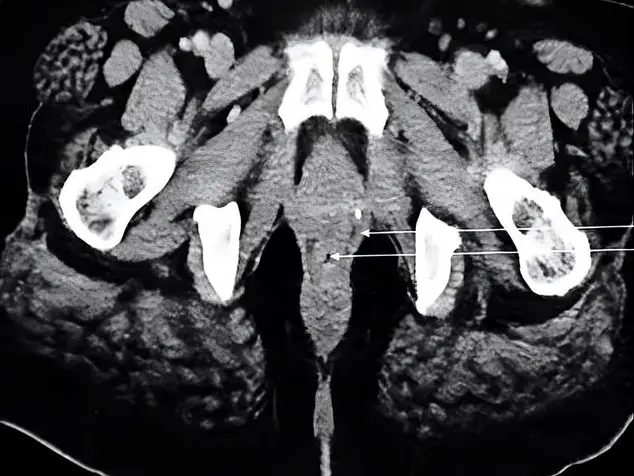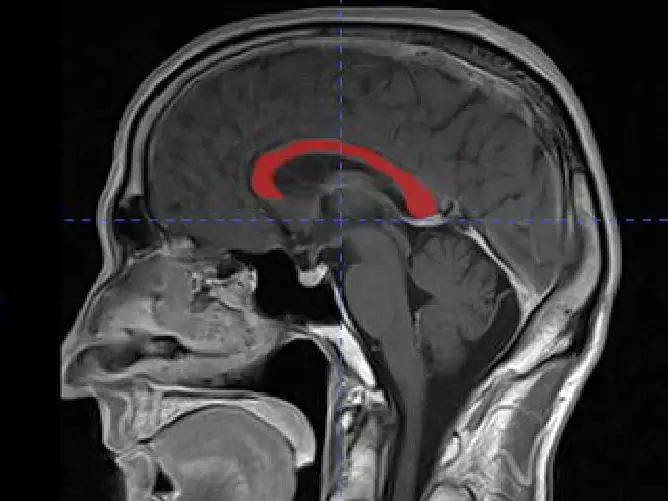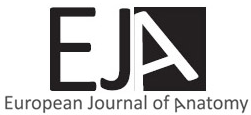Medical schools have implemented strategies in response to neurophobia to counteract the negative perception and improve neuroscience experiences for undergraduate medical students. In this study, we explored the attitudes, perceptions and preferred learning approaches of undergraduate and postgraduate medical students toward the teaching, facilitation, learning and assessment of neuroanatomy, as well as their perceptions on its relevance in the South African medical curriculum. A total of 299 undergraduate and five postgraduate students from the University of Pretoria participated in this study. We used a multi-method approach in which the undergraduate students completed an anonymous quantitative questionnaire, while the postgraduate students participated in a qualitative focus- group discussion. Undergraduate medical students preferred lecture notes to study from above any other type of literature and mainly used laptop computers as preferred electronic devices in preparation for their assessments. The favourite topic was cranial nerves, and the least popular was histology of the nervous system. Postgraduate students shared their undergraduate neuroanatomy experiences and provided constructive feedback and suggestions to undergraduate students and lecturing staff. Ineffective teaching methods and limited contact time remain factors that contribute to neurophobia in South Africa. Students perceive neuroanatomy as an interesting and important subject in their medical degree. However, changes are needed to modernize neuroanatomy and make it more accessible and student-friendly. The challenge then remains: how do we, as lecturers, modernize neuroanatomy in the medical curriculum to make it contemporary and clinically applicable?
Neurophobia: The inconvenient truth
Gerda Venter1, Marius C. Bosman1, Johanna C. Lubbe2,3
1 Department of Anatomy, Faculty of Health Sciences, University of Pretoria, Pretoria, Gauteng, South Africa
2 Department of Education Innovation, Faculty of Health Sciences, University of Pretoria, Pretoria, Gauteng, South Africa
3 Yehuda Elkana Center for Teaching, Learning and Higher Education Research, Central European University, Austria
SUMMARY
Eur. J. Anat.
, 27
(5):
613-
629
(2023)
ISSN 2340-311X (Online)
Sign up or Login
Related articles
Original article
Original article



